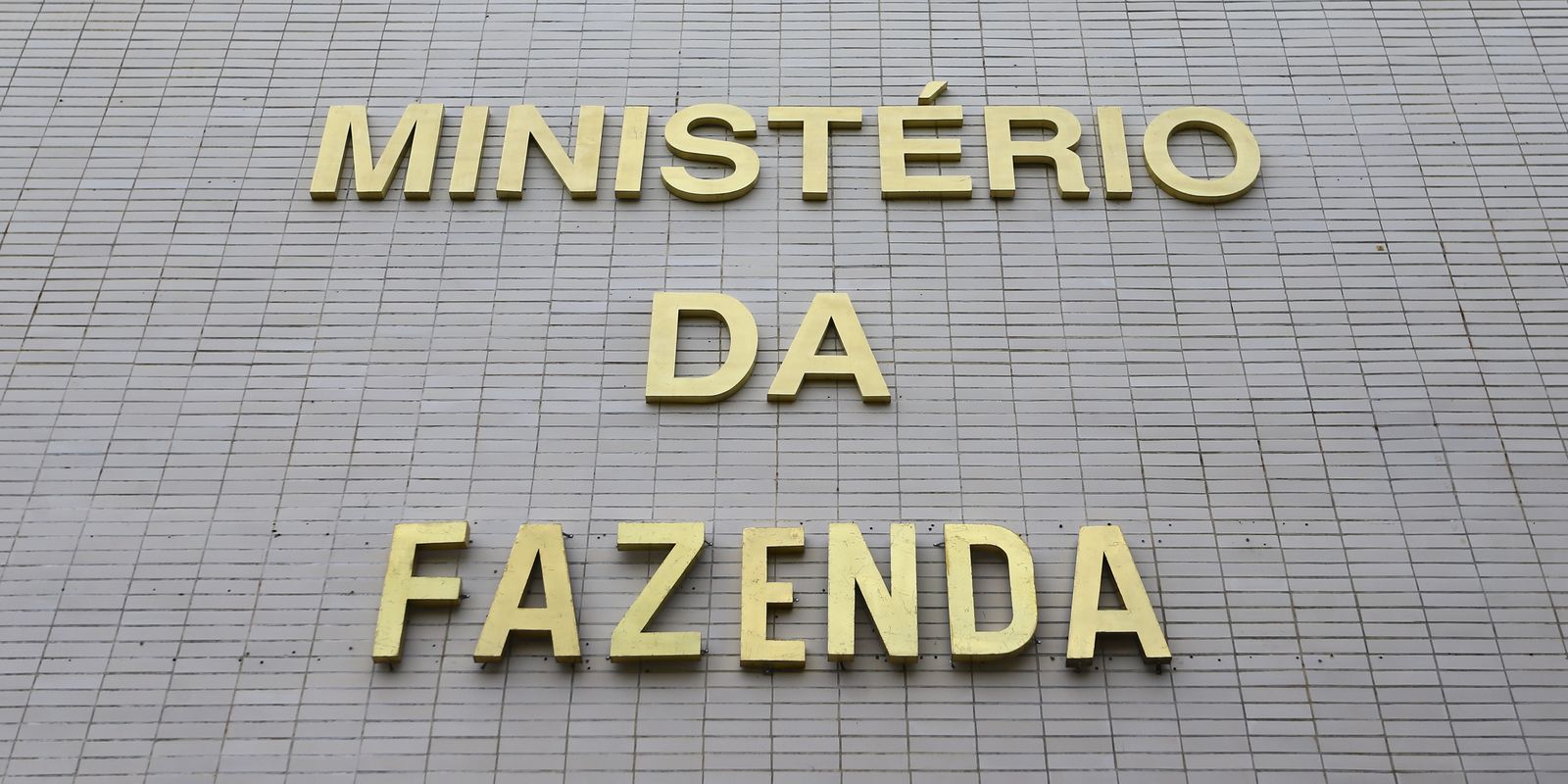The growth in revenue and the non-repetition of spending that occurred in 2023 caused the Central Government deficit (National Treasury, Social Security and Central Bank) to fall in November. In the month before last, public accounts had a negative result of R$4.515 billion. The value represents a real drop (discounting inflation) of 88.7% compared to November 2023, when the primary deficit had stood at R$38.071 billion.
The result was better than expected by financial institutions. According to the Prisma Fiscal survey, released every month by the Ministry of Finance, market analysts expected a negative result of R$10.4 billion in November. To the Central Government accounts They were released three weeks late because the Federal Revenue Service took a long time to release the November collection data.
With November’s result, the accumulated deficit in 2024 is R$66.827 billion. This represents a drop of 42.6% compared to the period from January to November last year, when the primary deficit was R$112.466 billion.
The primary result represents the difference between revenues and expenditures, disregarding interest payments on public debt. The Budget Guidelines Law (LDO) of 2024 and the new fiscal framework establish a target of zero primary deficit, with a tolerance margin of 0.25 percentage points of the Gross Domestic Product (GDP) up or down, for the Central Government . At the lower limit of the target, this is equivalent to a deficit of up to R$28.75 billion.
At the end of November, a special edition of the Revenue and Expense Assessment Report projected a primary deficit of R$64.426 billion for the Central Governmentequivalent to a negative result of 0.56% of GDP. The bill, however, includes expenses outside the fiscal framework, such as the payment of court orders and extraordinary credits to rebuild Rio Grande do Sul and fight forest fires.
When considering only spending within the framework, the primary deficit forecast drops to R$27.747 billion, within the tolerance margin of R$28.75 billion. The 2024 result is being helped by extraordinary revenues from the taxation of exclusive funds, the re-encumbrance of fuel and economic growth, which is reflected in the payment of more taxes.
Revenues
Compared to November 2023, revenues rose, but expenses fell if inflation is taken into account. In the month before last, net revenues rose 19.3% in nominal values. Discounting inflation by the Broad National Consumer Price Index (IPCA), the increase reaches 13.8%. In the same period, total expenses fell 1.7% in nominal values and 6.3% after discounting inflation.
The primary deficit was driven by the strong federal revenue in Novemberthe second largest for the month. If we only consider administered revenues (related to the payment of taxes), there was an increase of 14% in November compared to the same month in 2023, already discounting inflation.
The main highlights were the increase in the collection of the Contribution for the Financing of Social Security (Cofins), resulting from economic growth. Tax revenues, which reflect the behavior of sales, rose R$7.5 billion above inflation in November compared to November 2023. The rise in the dollar also contributed, causing the Import Tax to rise by R$3.1 billion above inflation in the same comparison.
Also contributing to the increase in revenue was the increase of R$2.1 billion above inflation in the collection of Income Tax Withheld at Source, due to the taxation on exclusive funds, which came into force at the end of 2023. The collection also was driven by the increase of R$2.5 billion above inflation in the Tax on Industrialized Products (IPI), which reflects the growth in industrial activity.
Revenues not managed by the Federal Revenue rose 39.5% above inflation in the same comparison, driven by the transfer of R$5.8 billion in dividends from the National Bank for Economic and Social Development (BNDES) to the National Treasury. The payment of R$4.1 billion in concessions for hydroelectric plants after the privatization of Companhia Paranaense de Energia (Copel) also contributed to growth.
Expenses
As for spending, the main factor in the drop was the aid of R$11.7 billion granted by the Union to states and municipalities in November 2023, which was not repeated in the same month last year. Despite this drop, other expenses increased, such as Social Security expenses, which rose 2.3% above inflation, due to the increase in the number of beneficiaries and the policy of increasing the minimum wage.
Spending on the Continuous Payment Benefit (BPC) jumped 13.9% above inflation, for the same reasons. The payment of extraordinary credits rose R$1.47 billion beyond inflation due to the reconstruction of Rio Grande do Sul.
Due to the review of Bolsa Família records, spending on mandatory flow control expenses (which includes social programs) rose just 1.2% in November, discounting inflation, compared to the same month in 2023.
Discretionary (non-mandatory) spending fell by R$4.8 billion after inflation. Of this total, a reflection of the budget blockages in force since July. The biggest drops, in values adjusted for inflation, were observed in expenses with health (-R$ 1.9 billion) and education (-R$ 1.2 billion).
Spending on federal civil servants grew by R$2.5 billion (+0.8%), discounting inflation from January to November compared to the same period last year. The increase was offset by the payment of court orders at the beginning of 2023, which reduced the payment of court sentences by 12.1%, discounted for inflation.
As for investments (public works and purchase of equipment), the total from January to November totaled R$65.649 billion. The value represents an increase of 7.9% above the IPCA in relation to the same period in 2023. In recent months, this expense has alternated between periods of growth and decline, discounted for inflation. The Treasury attributes the volatility to the variable pace in the flow of public works.















